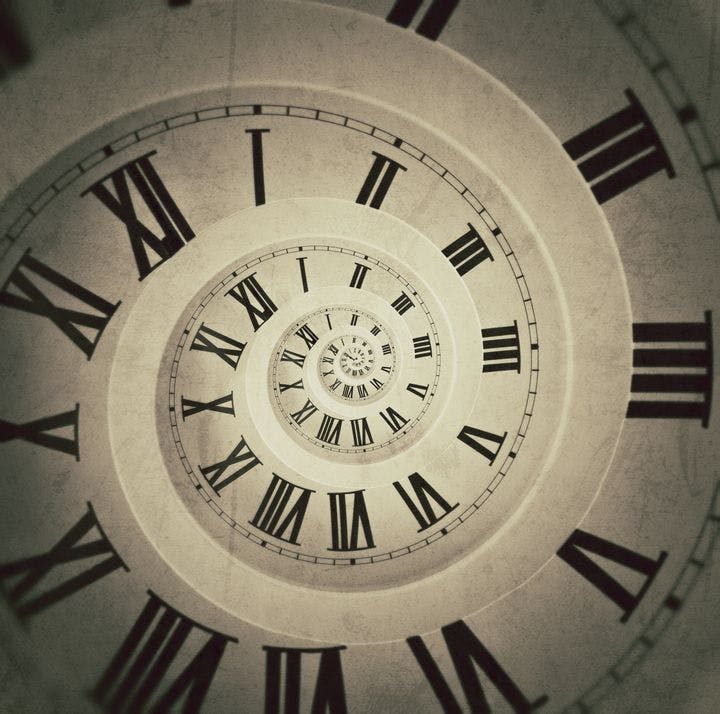Summer 2008
Dad's Biological Clock
– The Wilson Quarterly
Women have long been warned that their own unhealthy practices can be devastating for children they bear, but new research is showing that fathers contribute their own medical legacies.
Don’t have babies when you’re too young, or too old. Avoid alcohol, and watch the coffee. No long hot baths and no drugs or even a single cigarette. Don’t gain too much weight—or too little. And go easy on fish—it might be laced with mercury. Women of childbearing age have long been warned that the effects of any unhealthful practices would be visited on their children. Now it appears to be men’s turn.
A father’s age and his exposure to chemicals can leave a medical legacy that lasts generations, writes Tina Hesman Saey, a geneticist who writes about molecular biology for Science News. Infants with teenage dads face increased risk of being born prematurely, or even stillborn. And while researchers couldn't determine whether such results were related to the dads’ socioeconomic status or physical health, they noted that fathers under age 20 often have more fertility problems than men a decade older. At the other end of the age spectrum, children of much older fathers face increased chances of having autism, schizophrenia, and Down syndrome. And babies fathered by firefighters, painters, woodworkers, janitors, and men exposed to solvents and other chemicals at work are more likely to be miscarried or to develop cancer later in life.
Historically, women were blamed when something went awry in fetal development. But now the censure once reserved for “crack moms” can easily be extended to “crack dads.”
Men manufacture new sperm continuously throughout life, with each one living about 74 days. Scientists once thought that defective sperm were doomed to die with the roughly 40 million unrequited suitors in every ejaculation. But now it seems that some kinds of damage do not hinder sperm in their race to fertilization. The result can be embryos with high vulnerability to problems including autism and cancer.
Men’s reproductive health is most robust in their twenties, and after that it’s downhill. Each year after puberty, a man’s sperm-making cells divide about 23 times. By age 40, these vital human building blocks have gone through about 610 rounds of replication, each with a chance for genetic error.
Demographic studies have shown that babies whose fathers are under 20 or over 40 have slightly more health problems than children whose fathers were in their twenties when they were conceived. The reasons are not clear, but more and more evidence shows that current environmental factors can take a toll on the health of future generations. A gene doesn't have to develop an actual mutation in order to pass on unhealthy traits. Slight changes in chemicals can turn genes on or off at the wrong time, or label the genetic material improperly. “Scientists have discovered that chemical modifications to DNA and proteins can change the way genes are packaged and regulated without changing the genes themselves,” Saey writes. It may be that the older the individual, the greater the opportunity for slight anomalies to creep in. And changes caused by aging, or exposure to toxins, form a “molecular scrapbook” handed down—from dad as well as mom—to countless future generations.
* * *
The Source: "Dad's Hidden Influence" by Tina Hesman Saey, in Science News, March 29, 2008.
Photo courtesy of Flickr/JIhopgood
